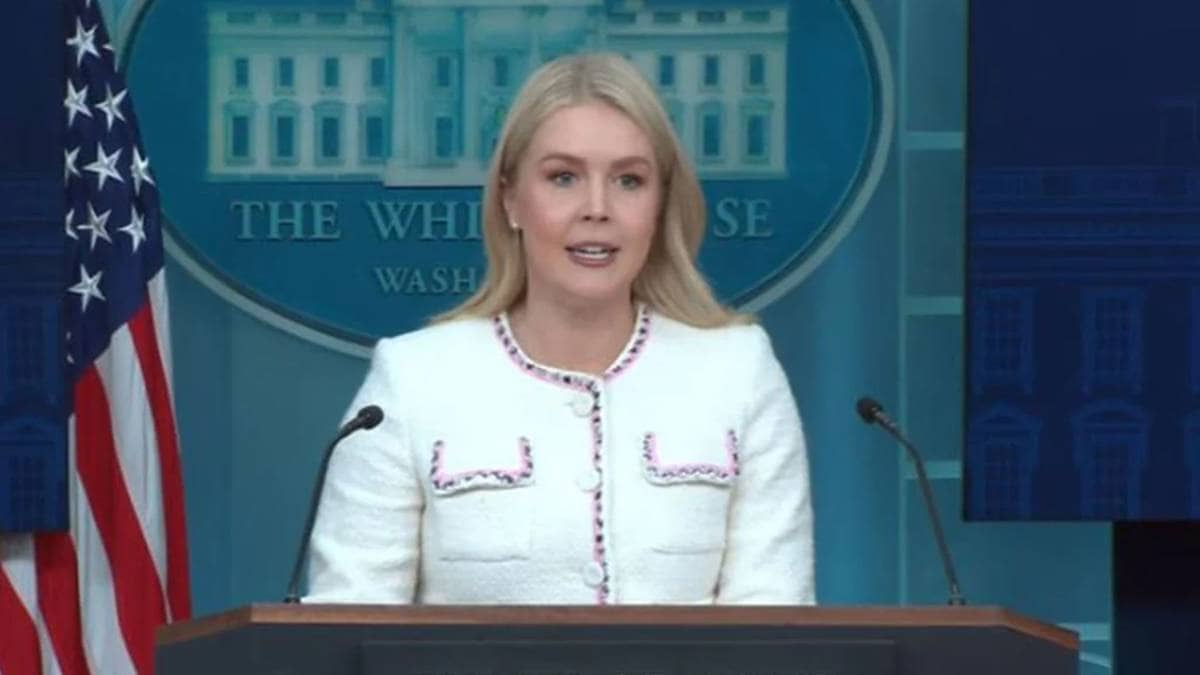White House Defends $100K H-1B Fee in Court Amidst Fraud Claims and Industry Lawsuits
A potential $100,000 H-1B fee would drastically reshape the US skilled immigration landscape, creating significant barriers for employers and dramatically reducing opportunities for foreign talent.

Subscribe to our newsletter and stay informed about latest H1B news, policy updates and and other developments.
Article Summary
The White House is defending a new $100,000 H-1B visa fee in court, with Press Secretary Karoline Leavitt claiming the system is 'spammed with fraud' and drives down American wages. This policy, aimed at prioritizing American workers, faces multiple lawsuits from entities like the US Chamber of Commerce and a coalition of unions and educators, who argue the fee is unlawful and detrimental to US businesses and industries.
Original Article: financialexpress.com
[ Sentiment: negative | Tone: factual ]
This summary and analysis were generated by TheNewsPublisher's editorial AI. This content is for informational purposes only; it does not constitute legal or immigration advice.
[ Sentiment: negative | Tone: factual ]
This summary and analysis were generated by TheNewsPublisher's editorial AI. This content is for informational purposes only; it does not constitute legal or immigration advice.
TNP AI: Key Insights
This proposed $100,000 annual H-1B fee represents an unprecedented increase from the current processing costs, which typically amount to a few thousand dollars. If upheld, this policy would effectively price out many small and medium-sized businesses, particularly in the tech sector, from utilizing the H-1B program, potentially hindering their ability to access critical global talent for growth.
The ongoing legal challenges highlight a fundamental conflict between the administration's stated goals of curbing fraud and prioritizing American workers, and industry arguments that the fee is unlawful, not cost-based, and detrimental to US economic competitiveness. The outcome of these court battles will significantly influence the future accessibility and cost of the H-1B program for both employers and prospective skilled visa holders.




